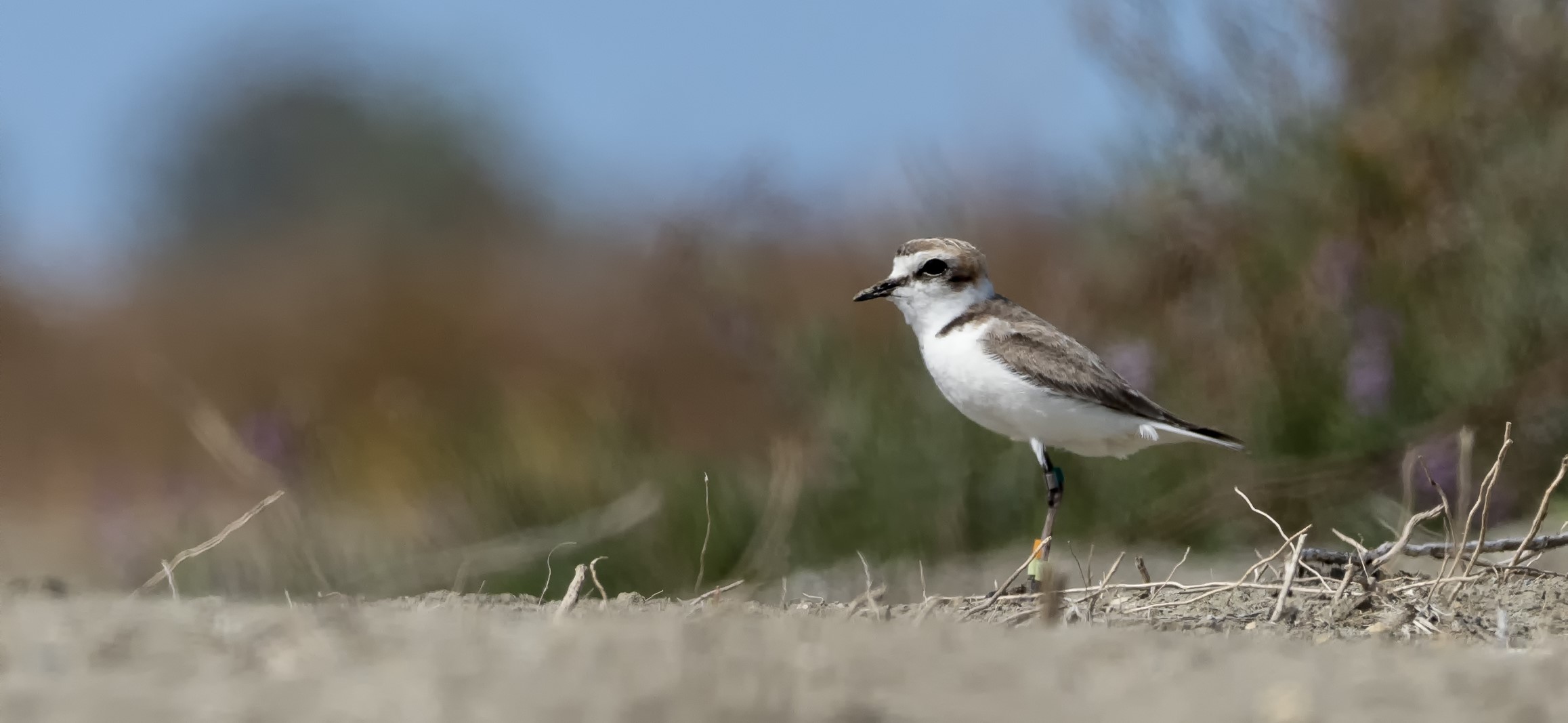Proyecto IBERALEX
El espacio transfronterizo España-Portugal, con más de 2,600 km de costa, alberga más de 1,000 playas y humedales cruciales para la conservación de la biodiversidad. Aunque vital, este entorno enfrenta amenazas por actividades humanas. El borde litoral y los humedales son fundamentales para la Estrategia de la UE sobre la biodiversidad para 2030, la Estrategia Española de Infraestructura Verde y la Estrategia Portuguesa de Conservación de la Naturaleza y Biodiversidad 2030.
El Chorlitejo Patinegro, especie en declive y en peligro de extinción, es clave en este ecosistema. Este proyecto concibe al Chorlitejo patinegro como especie paraguas que simboliza el interés biológico de este espacio litoral.

Por ello, Iberalex propone acciones para su conservación buscando mejorar su estado sin comprometer los usos humanos recreativos y extractivos, adaptándose al cambio climático y erosión costera. El proyecto incluye 4 actividades y 11 acciones, centradas en educación ambiental, capacitación, reducción del impacto recreativo, adaptación al cambio climático y gestión de hábitats. Se abarcará un área total de 36,405 ha, con 28,855 ha en Natura 2000 y 2,133 ha en RAMSAR.
Este proyecto es confinanciado por el Fondo Europeo Regional – FEDER a través del Programa Interreg VI-A España-Portugal (POCTEP) 2021-2027.
Para más información, visita https://iberalex.eu/.

